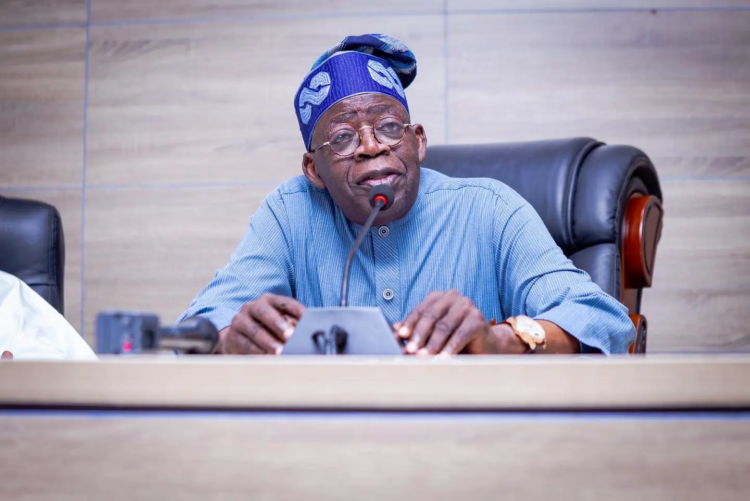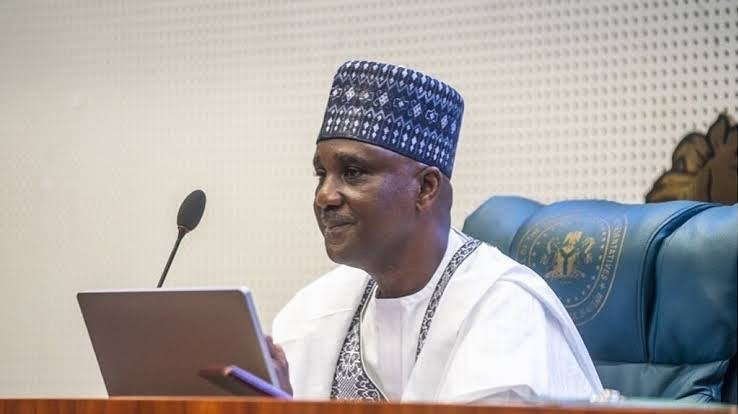In response to the significant drop in cargo importation caused by high exchange rates, the Central Bank of Nigeria (CBN) and the Nigeria Customs Service (NCS) have agreed to establish a stable rate for importing goods. This initiative aims to help business owners and importers plan their activities more effectively, according to reliable reports.
The volatile exchange rate and the naira’s depreciation against the US dollar have led to a dramatic reduction in import volumes at Nigerian ports. Vehicle imports have dropped by 45%, container traffic by 30%, and bulk cargo by 20%.
Confirming the development, the Comptroller General of Customs, Bashir Adewale Adeniyi, stated that the CBN and NCS, with the support of the Minister of Finance and Coordinating Minister of the Economy, Wale Edun, are working together to achieve a stable rate for imports. “With the support of the Minister of Finance, NCS is working in close collaboration with the Central Bank of Nigeria to achieve a stable rate for the import of goods to enable businesses to plan their activities,” Adeniyi said.
Muda Yusuf, Managing Director of the Centre for the Promotion of Private Enterprise (CPPE), suggested fixing a permanent Customs exchange rate for cargo clearance between N900/$ and N1,000/$ for a specified period, such as three months, six months, or a year. Yusuf believes this would foster economic stability and ensure predictability in international trade within the maritime sector.
Dr. Kayode Farinto, former acting president of the Association of Nigerian Licensed Customs Agents (ANLCA), emphasized the need for a predictive exchange rate specifically for Customs purposes. He noted a significant drop in cargo volume due to the unstable exchange rate. “The only solution is for us to have a predictive exchange rate for Customs purposes alone. It’s not too much to ask,” Farinto said, adding that previous administrations had set fixed rates for specific purposes like pilgrimages.
Farinto highlighted the adverse effects of fluctuating exchange rates on importers, with vehicle imports dropping by 55%, container imports by 30%, and bulk cargo by 20%. He called for a tripartite meeting between the CBN, Customs, and the Ministry of Finance, or alternatively involving freight forwarders to address the issue and prevent further economic decline.
Clearing agent Ikechukwu Anaba also stressed the impact of the unstable exchange rate on importers, suggesting a fixed Customs exchange rate between N800/$ and N1,000/$ for a period of three months to a year to stabilize the situation. He argued that a static exchange rate would ensure economic stability and predictability in the maritime sector, helping to prevent further job losses and business closures among freight forwarders and importers.





